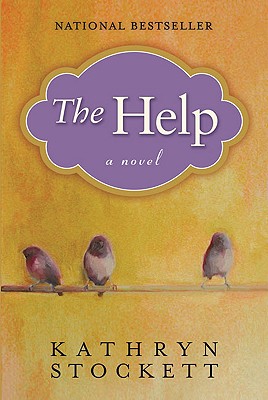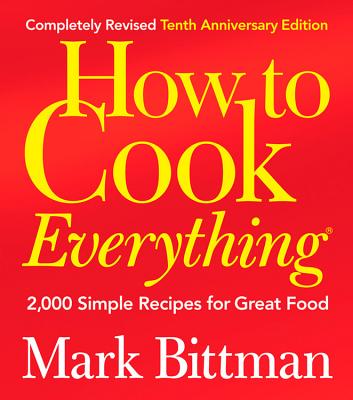{image from Books Rule}
One of the books I most recommend to my male students is King Dork by Frank Portman. The main character creates a new band weekly, less for the music, more for the opportunity to pick a new name and design new cover art. He mockingly points out that his English teachers are all in love with The Catcher in the Rye, ironically calling out phonies just as Holden would. It's been fun to see kids who have read Catcher go on to read King Dork catch those idiosyncracies and then to have King Dork readers realize they are missing out and walk over to the "classics" basket in my classroom library.
All that to say, here is a round up of some thoughts on Salinger. I'm sure he would despise all that has been written up (hence, see the Onion link), but. I'm not going to lie, it only took a second for me to be half in love with Salinger when my sophomore honors English teacher told us he was going to risk it and read a book with us that is banned in schools across the country. If you know me, it's no surprise that I was not quite apt to subversion in high school, so this small act seemed pretty exciting to me. Of course, when I reread Catcher a few years ago, reading the notes my sixteen year old self left was hilariously amazing. If you know me now, you're probably saying, "Kristen, of course your dangerous living would involve books." I know, I know.
Anyway, my recommendation (if you don't have 30 papers to grade...curses) is to read your freezing day away at The New Yorker, which has compiled a list of many of Salinger's stories from back issues. Or, check out some of these links, which were the most relevant/amusing/best to me (in that order). And, you're welcome, here is a link list of my past thoughts on Salinger.
Holden Caulfield and YA Literature
The Onion
Dave Eggers on Salinger



